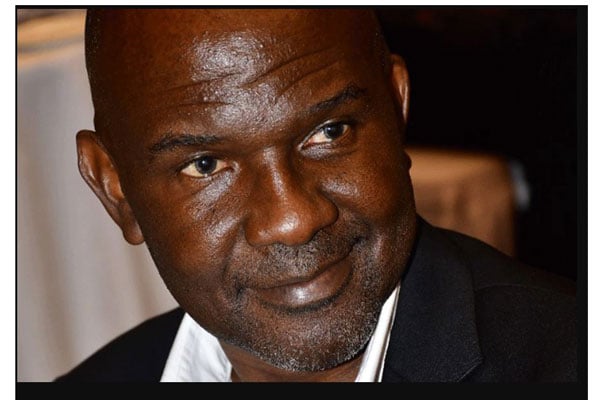Our failed national project
What defines us, Ugandans, as a people? What social imagery, institutional resources or ideational reference point unites the people living in the geographic land mass called Uganda? This is a question that I have thought hard about but whose answers I don’t know.
The problem here is not what many tend to underscore, that is, that we are an artificial creation of the British colonists, haphazardly cobbled together at the time of colonial conquest. Nothing is further from the truth. The problem lies elsewhere. When the dust finally settles on the current ruling establishment and the sun sets on Mr Museveni, the biggest failure will be that of nation-building. Nations that endow certain unique markers of identity to citizens and define a people are creations of human actors and actions; nations are not natural entities with a pristine origin.
Historically, nations and national identities have evolved through deliberate actions and shaped by processes that cultivate horizontal comradeship among members of a cultural entity, the nation. The actions and processes that produce viable nations are engineered by the power of the political entity, the state, and the vast resources under its control. This means that the holders of state power have a duty to put the collective resources and the institutional instruments of the state to the service of national consciousness and national identity. Around the world it is the state that has been used to undertake social engineering and to mobilise people into a common imagination and a shared national identity.
Our current rulers captured power in 1986 with lofty and grandiose agendas of building a new nation, Uganda.
They aspired to dismantle what they saw as a colonial state that was anti-people and repressive. On the balance of things they succeeded in rebuilding the state in quite important ways but also embraced and even sharpened some aspects of the same undesirable colonial system including repression and impunity.
Contrary to the rhetoric of anti-sectarianism, the NRM and its rulers have taken Uganda down the path of combustive sectarianism, balkanising the country along very petty and narrow ethnic and subethnic lines.
The same system of dive and rule that the colonists imposed on Uganda has been replicated, in fact perfected, by the current rulers, in effect inhibiting the nation-building agenda. Today we have arguably unprecedented widespread social animosity that lurks among different sections of Ugandans, driven by deep-seated feelings of unfairness and inequitable access to opportunities.
Collective national identities are built around both a sense of shared history but also a feeling of common destiny as a people and shared wellbeing. People identify with one another and build common identities drawing on a consciousness about their heritage but also their mutual sentiments about the present and the future.
What has happened in Ugandan politics over the past decades stands in the way of any progress towards a Uganda that lives in the minds of its ostensible citizens.
In addition to balkanising the country in the cheap service of narrow political ends, we have had easily the most nepotistic regime in charge of the state. The skew in the control over the levers of economic and political power is simply staggering. It is blatant and brazen. It is as shameless and it’s shocking.
What is more, there is almost no single national asset or symbol that Ugandans associate with and that brings pride and empowerment to all citizens.
Little wonder therefore that whenever there is individual glory, especially on the international stage, there is scampering to identify with the glory never mind that no national initiative was involved in the first place. After they captured power the rulers did an excellent job commandeering national property, cheered on by their foreign financial backers from Washington. Some of the revelations coming out of the ongoing probe into potential scandals at the Bank of Uganda speaks to the broader question of just how privatised the country has become and the extent to which a cabal of rulers see the country and its assets as personal possessions.
With the vast majority of Ugandans living on the fringes as the few continue engaging in predation and extraction for personal accumulation, realising a Uganda that all people relate to shall remain a distant dream. We shall remain fragmented and lacking in the necessary tools that provide markers of collective identity and common belonging.
Retreating to ethnic enclaves and clasping for a localised identity will not solve the crisis of identity that we all face.
[email protected]




